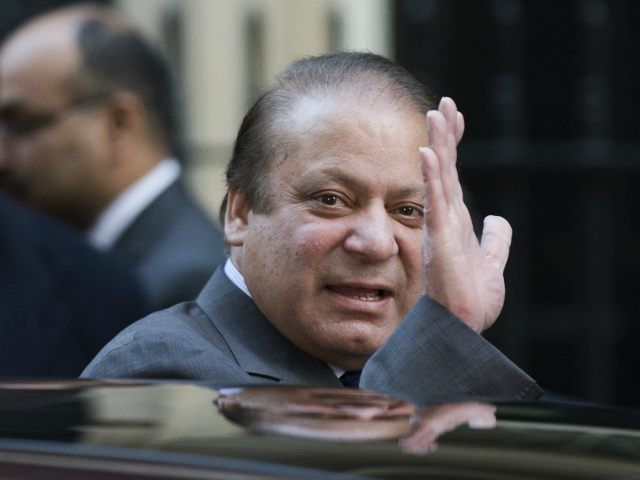Pakistan has experienced a 70 percent drop in major terrorist attacks over the past nine months, the Washington Post reported, citing statistics from the country’s government.
“After years of terrorist attacks, military coups and political upheaval, Pakistan for now has settled into a period of relative calm,” noted the report. “Over the past nine months, government statistics show, major terrorist attacks have declined 70 percent, and Pakistanis are flocking back to shopping malls, resorts and restaurants.”
“The relaxed and optimistic mood here is benefiting [Pakistani Prime Minister Nawaz] Sharif politically, despite the humiliation he faced a year ago when he had to cede a chunk of his power to the military,” it added.
“Still, the arrangement is allowing Sharif to do something that Pakistani leaders have struggled to accomplish for much of the past decade: implement a road map for what a peaceful, stable Pakistan could look like. And in the process, Sharif is winning over skeptics despite his low-key leadership style,” further stated the report.
The Post noted that one year after he came close to being removed from office by political rivals, Pakistan’s powerful military, and protesters, Sharif remains prime minister, outlasting his problems.
“People are feeling more secure. There are development projects, and the perspective of people is changing to say, ‘Okay, now we can see things are going well,’” Zafar Mueen Nasir, dean of business studies at the Pakistan Institute of Development Economics told the Post. “Of course, there will always be some criticism and always a second opinion, but as far as I am concerned, this government is at least showing some progress.”
“Now, [PM] Nawaz has turned his attention toward trying to rebuild a chronically sluggish economy while also delivering shiny new amenities for residents,” revealed the report, adding “It’s a strategy that has become easier to implement this year, as a military campaign in Pakistan’s tribal belt and its largest city, Karachi, has been credited with reducing terrorist attacks and other crimes.”
According to the South Asia Terrorism Portal, which monitors violence in the region, 680 civilians were killed in terrorist attacks in the first eight months of this year, compared with 1,194 during the same period in 2014 and 2,246 in 2013, the Post pointed out.
“With a rapidly growing population of 180 million, Pakistan faces many obstacles. Energy shortages can keep the lights out for hours at a time, even in wealthy neighborhoods. Tens of millions of children suffer from poor nutrition, unsafe drinking water and sporadic access to medical care,” the article noted.
“The average Pakistani makes just $1,513 per year; many cannot find jobs. And Pakistan still has unsettled relations with India and Afghanistan, both of which accuse it of using favored terrorist groups as proxies to destabilize their societies,” it added. “Pakistan’s bare-knuckle political system also remains unsettled. Sharif, who still has 2 1/2 years remaining in his term, will continue to face relentless challenges from political foes eager to exploit the next crisis.”

COMMENTS
Please let us know if you're having issues with commenting.